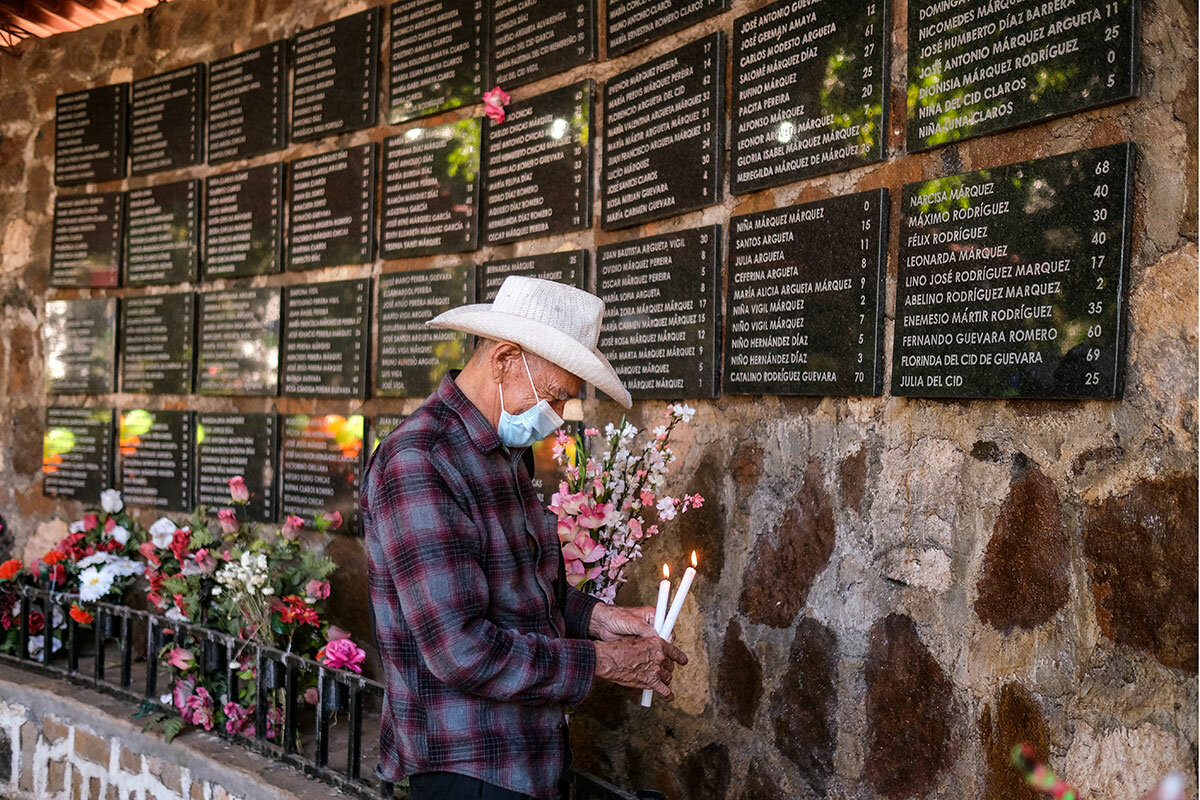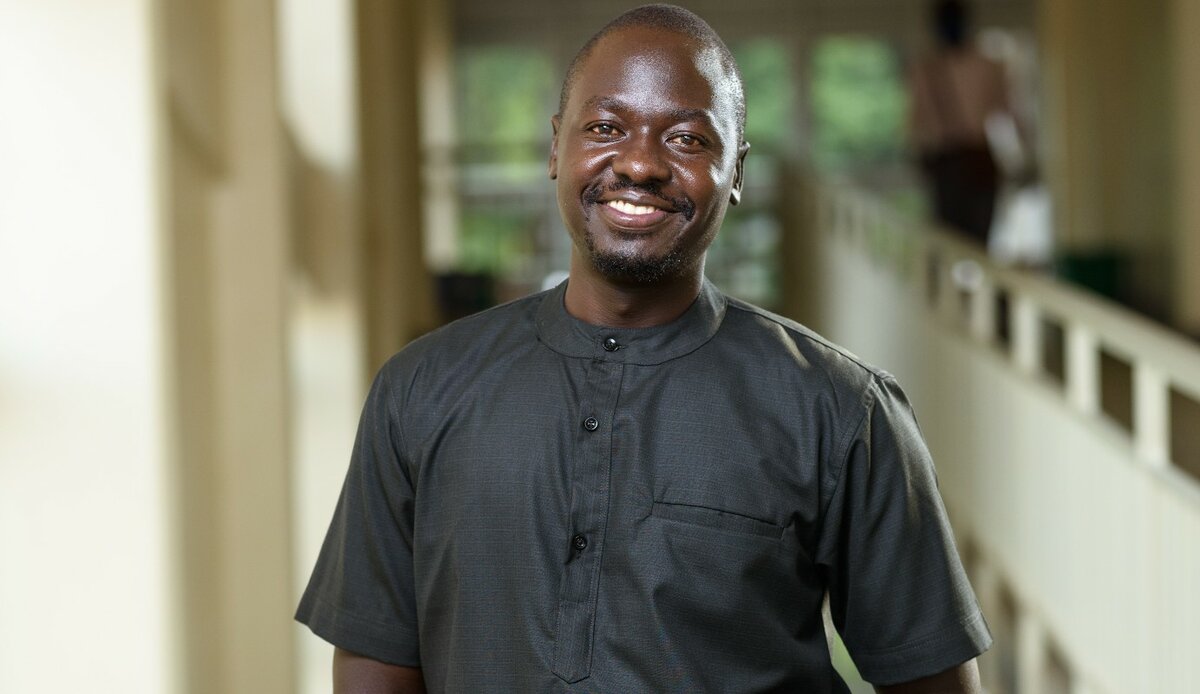Although Republican voters strongly approve of Donald Trump, that doesn’t mean they all favor a Trump 2024 campaign. Some fans would prefer a fresh face to pick up Mr. Trump’s mantle going forward.
Monitor Daily Podcast
- Follow us:
- Apple Podcasts
- Spotify
- RSS Feed
- Download
 Linda Feldmann
Linda Feldmann
“More than 1,700 congressmen once enslaved Black people.”
This headline in Monday’s Washington Post is at once arresting and unsurprising. After all, a majority of the nation’s Founding Fathers also enslaved Black people, as did at least 12 presidents. It stands to reason, then, that many members of Congress had been slaveholders, too.
What’s surprising, perhaps, is that no one had researched this aspect of Congress going back to its founding in 1789 – until now. The reporter, Julie Zauzmer Weil, tells me it took her three months to research more than 5,000 former members and “many months more” for the story writing and creation of graphics and a searchable database. The final presentation and article are worth the wait.
We learn that slaveholders in Congress represented 37 states, not just in the South, and that former slaveholders served in Congress well into the 20th century. This project is more than just a piece of excellent journalism, it’s a gift to historians and anyone seeking a deeper understanding of America’s “original sin.” Since the project’s publication, readers have sent Mrs. Weil evidence of at least 18 more slaveholders.
“The country is still grappling with the legacy of their embrace of slavery,” she writes. “The link between race and political power in early America echoes in complicated ways, from the racial inequities that persist to this day to the polarizing fights over voting rights and the way history is taught in schools.”
Understanding that past, she makes clear, will help the country address it – a fitting thought for the coming holiday honoring slain civil rights leader Martin Luther King Jr.











